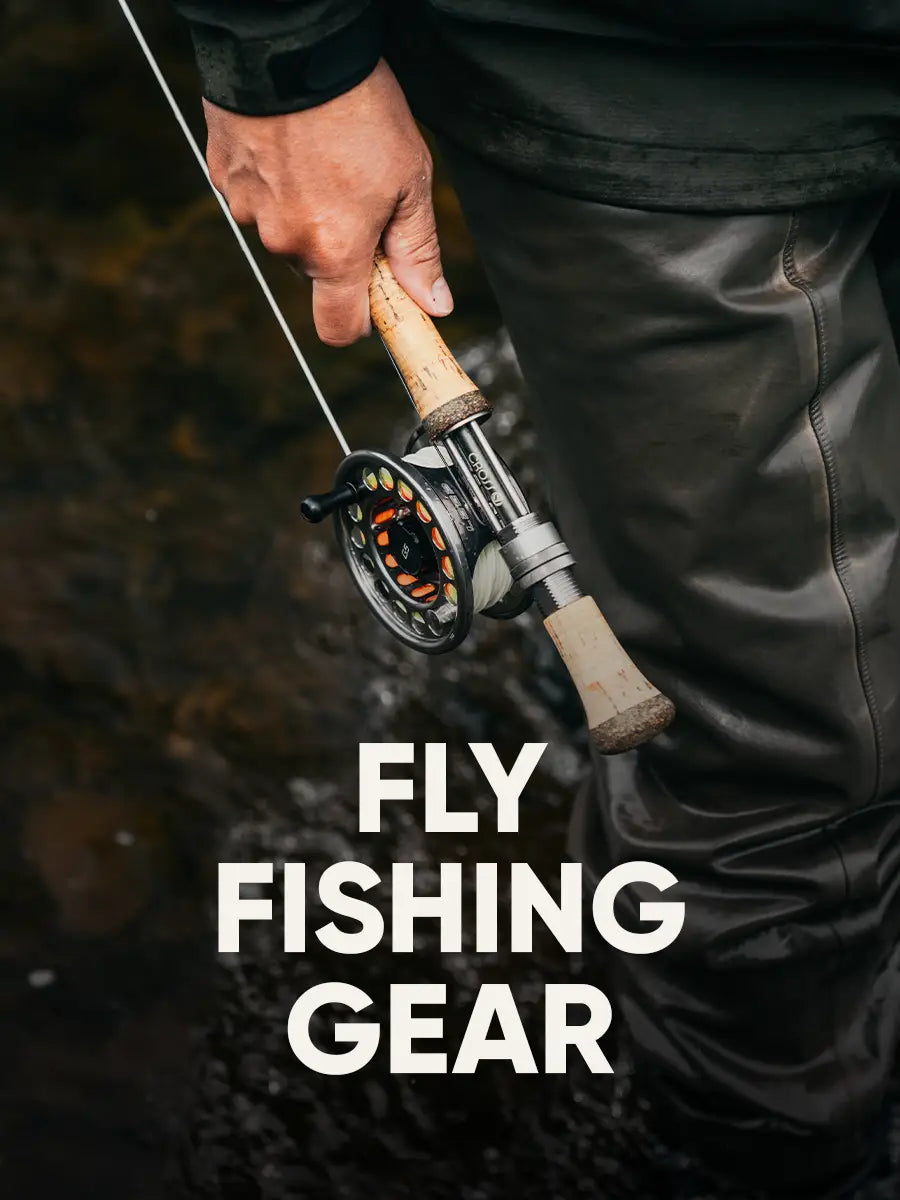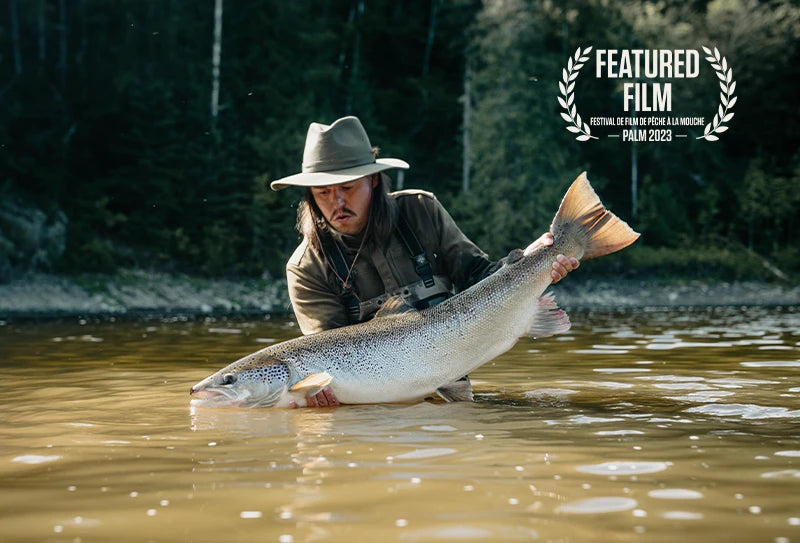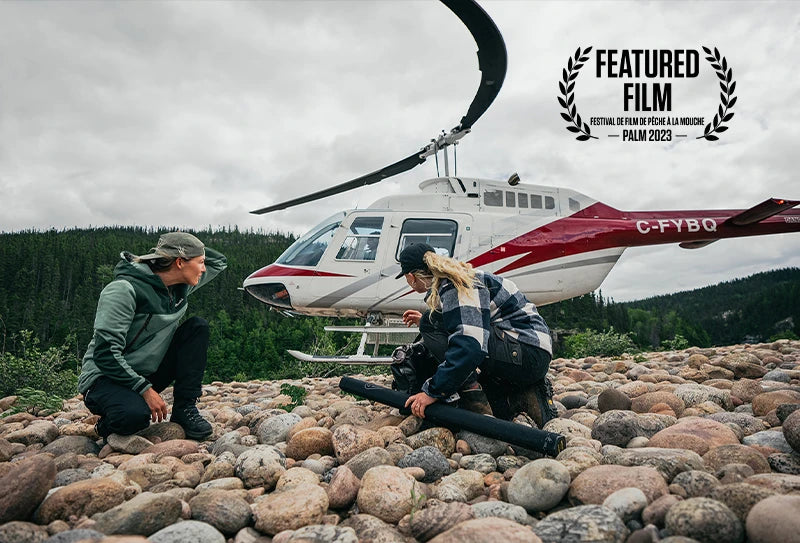Land use planning and development is a complex process. It involves many stakeholders, in addition to being governed by numerous regulations. Balancing the needs and interests of the many land users is a real challenge. The case of salmon rivers is no exception, as they flow through public and private lands with multiple purposes. Some areas are used for vacationing, forestry, energy, agricultural or municipal development. These activities can have an impact on salmon, their habitat and their sport fishery if they are not conducted according to the best practices.
The Fédération québécoise pour le saumon atlantique (FQSA) is becoming more and more involved in the development and integrated management of the territory, particularly through consultation mechanisms that allow wildlife stakeholders to get involved. One of the roles of the FQSA is to represent the interests of its members, river managers and fishermen, in relation to the protection of Atlantic salmon, at various levels.

Various Implication
Among other things, the FQSA participates in the Table nationale de la faune, which allows the major wildlife federations to dialogue with the Ministère des Forêts, de la Faune et des Parcs (MFFP) to improve the management of wildlife and related activities.The Federation also highlights the realities of its members and the issues specific to salmon through briefs submitted to various advisory committees or to the National Assembly when governments propose policies, laws or development projects that may have an impact on the species. Examples include the work done during the adoption of Bill 88, amending the law on the conservation and development of wildlife, and the recent brief submitted on the issues of multiple uses of salmon rivers.The FQSA's involvement is also noticeable in activities carried out on private land, where regulations depend on different organizations (MRC, municipalities) and vary from one place to another.
We can also emphasize the FQSA's participation in the work of the Standing Committee on Fisheries and Oceans, within the framework of studies on the Pacific salmon. Quebec's expertise in salmon management, which stands out in the reconciliation of conservation and sustainable development issues, was thus shared with the western provinces.
Forestry challenges
With the financial support of the Fondation de la Faune du Québec (FFQ) and the Atlantic Salmon Conservation Foundation (ASCF), the FQSA develops knowledge acquisition projects and supports its members at the Tables de gestion intégrée des ressources du territoire (TGIRT) by providing them with technical advice and guidance to increase the benefits of their participation. The TGIRTs, which serve as communication channels between the MFFP, forestry companies and wildlife stakeholders, were set up to ensure that concerns related to forest management activities on public land were taken into account. However, there is still a long way to go in order to prioritize wildlife issues over economic issues, notably by putting salmon and its habitat at the heart of the decision-making process. Recently, the MFFP mentioned that it wanted to double the number of forestry operations on Quebec territory by 2080. Forestry activities in Quebec are already generating problems at the watershed level. The FQSA is very concerned about the impacts of forestry on salmon rivers.

Studies on this subject have identified four main forestry issues that affect salmon, leading to the following conclusions: 1) the level of harvesting in the watersheds must be limited, 2) strips of vegetation must be preserved on the banks of rivers and their tributaries, 3) forestry operations must not alter the natural landscapes along the rivers and must be done in harmony with sport fishing activities, 4) the poor condition of the secondary road network and stream crossings contribute to erosion and sedimentation in the streams, in addition to participating in fragmentation and loss of habitat. Research has shown that in some watersheds of Gaspesian salmon rivers, up to 80% of culverts are impassable for the species, which highlights this real problem on its habitat. In the context of climate change, where extreme precipitations are expected to be more recurrent, erosion related to culverts will inevitably increase. It is essential that the MFFP and forestry companies improve the monitoring and maintenance of the territory concerned.
Climate changes
The FQSA is also very concerned and proactive about the effects of climate change on salmon, such as increased water temperatures during low water periods.Thermal refuges protection (areas where water remains cool even during heat waves) will become a growing concern for stakeholders in the salmon world. Actions must be taken to reduce thermal refuge's vulnerability in today's changing climate.With this in mind, the Federation has just participated in the consultation conducted by the MFFP as part of the development of its strategy for adapting forest management and development to climate change.In addition, the FQSA is working on a brief on the management of warm water fisheries and on the adaptation of salmon, its habitat and sport fishing to climate change. It is also participating in a research project on river thermics in collaboration with the INRS Eau Terre Environnement Center.The purpose of this study is to acquire specific knowledge on thermal refuges in salmon rivers in order to better understand their characteristics and their evolution. The eventual recognition of this type of refuge as a regulated "wildlife site of interest" is a crucial step in the protection of its vulnerable inhabitants. Finally, with the purchase of numerous thermographs, the FQSA will soon improve temperature monitoring coverage on salmon rivers
To conclude
The Federation is proud of the work accomplished over the past decade and is pleased with the growing popularity of sustainable and respectful salmon sport fishing. The FQSA obviously stays on top of environmental news, as there are many projects that could have an impact on salmon rivers.
"By continuing to invest in a growing number of partnerships, the FQSA remains attentive to the issues raised by its members and all of those who have the protection of salmon at heart."
The FQSA's scientific committee, which provides expertise on various issues related to the protection and enhancement of Atlantic salmon, is more active than ever. Several projects are on the table for 2023! Check our social media and magazine to stay informed!
Written by Myriam Bergeron, Antoine Gagnon-Poiré et Éric Poirier













